About Us
Advertise With Us
RSS Feed | Content Syndication
Terms & Conditions
Privacy Policy
Contact Us
BollywoodShaadis.com © 2026, Red Hot Web Gems (I) Pvt Ltd, All Rights Reserved.
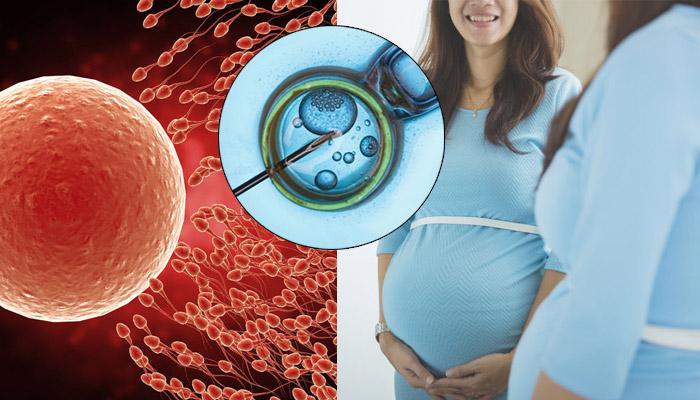
IVF or In Vitro Fertilisation is a process by which the eggs or the oocytes of the woman are fertilised by the sperm of male partner outside the human body in a laboratory. Though it is commonly called, test tube baby, the eggs are actually fertilised in a small dish.
Recommended Read: 9 Bollywood And Television Celebs Who Became Parents Via IVF And IVF Surrogacy
In nature, this process of fertilisation of the egg by the sperm takes place in the fallopian tube of the woman. This is in vivo fertilisation. The baby grows for 4 days in the fallopian tube and then is transported by the fallopian tube into the uterus or the womb where this embryo grows into a baby in 9 months.
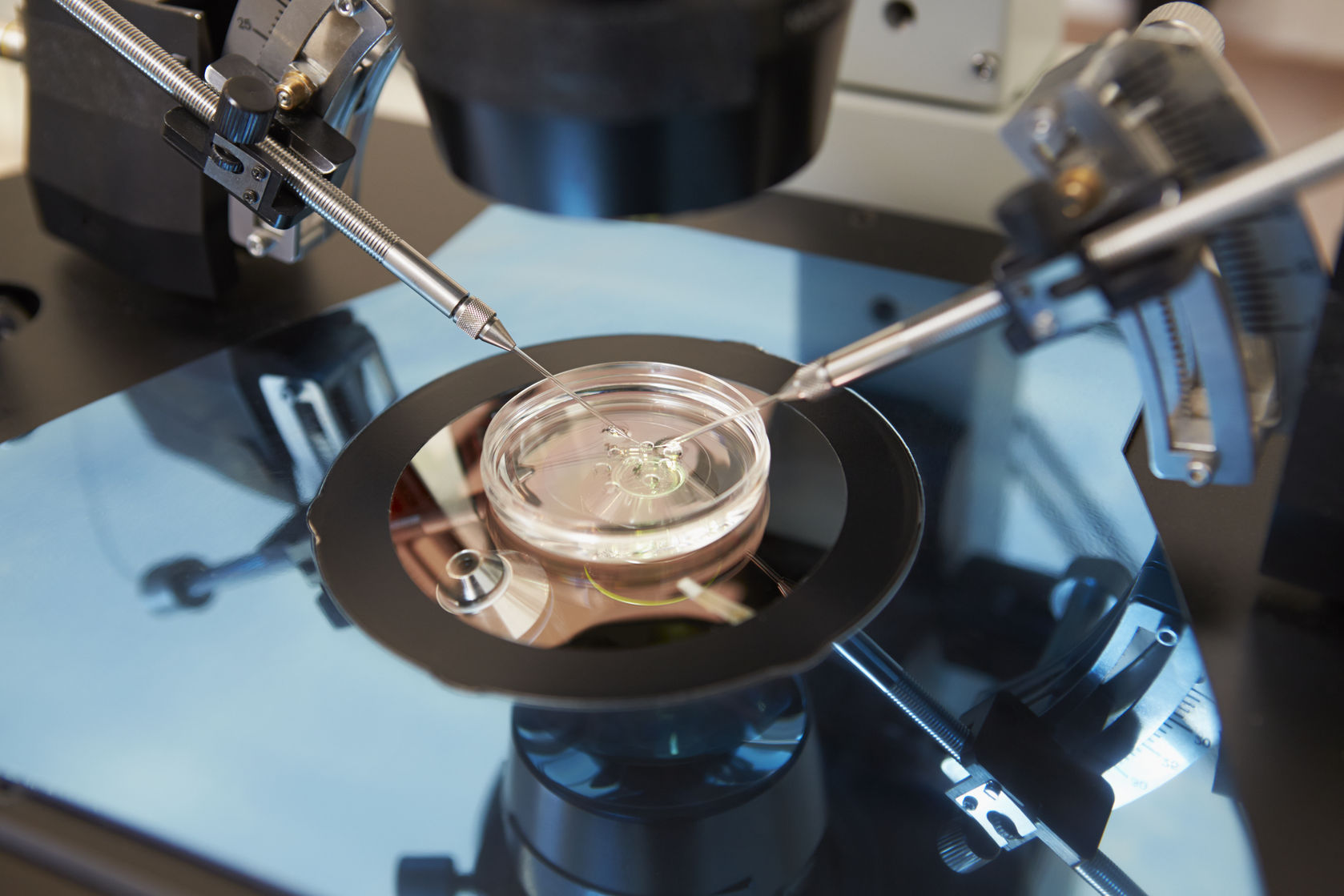
When the fallopian tube is damaged it cannot perform its function. Fallopian tube repair surgeries do not work very well as the internal lining of the tube has the tiny brush like structures called cilia, which transport the embryo into the uterus that are damaged and cannot be repaired well. Indeed, the first IVF babies in the world and in India - both baby girls; were born to mothers who had damaged fallopian tubes and had failed other options for treatment.
Also checkout: Pregnancy Test: When Is The Best Time To Take It And Which One- Urine Or Blood?
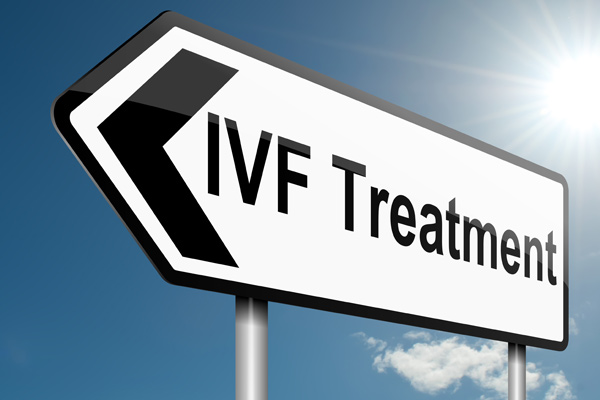
The first thing to check before starting the IVF process is if this is the right treatment for you or not. A woman is born with 2 fallopian tubes and if one is functioning then it is possible to get pregnant with simpler options like an intrauterine insemination. The other common indications for IVF are some medical conditions like endometriosis stage 3 and stage 4 where there are cysts in the ovaries due to blood collecting inside the ovaries. Around 20 percent of women suffer from a condition called polycystic ovaries where the male hormone rises in the woman’s body leading to a defect in egg production. And in this condition, if the preliminary treatments like ovulation induction fail, then IVF is the best option forward.
Continue reading below
Recommended Read: Pregnancy Symptoms: 9 Early Signs That You May Be Pregnant
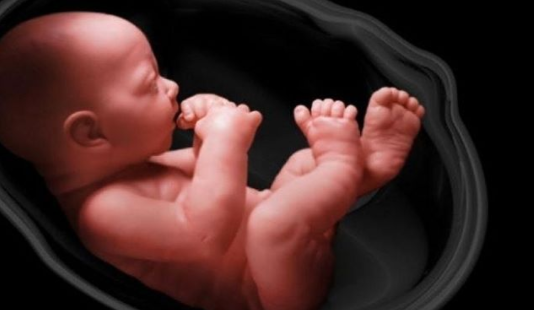
Nowadays we are seeing a rise in the number of women in the age group of 21 to 25 who are unable to conceive for multiple reasons who need IVF. Some women with premature ageing of the oocytes or a severe reduction in the ovarian reserve may need to opt for banked/ donated eggs. These women will also need IVF to get pregnant.
In around 30 percent of couples who cannot conceive, the woman is perfectly healthy, but it is the male partner who has a reduction in the sperm count or the mobility of the sperm or high numbers of abnormal sperm. The usual cut off value is less than one million healthy motile sperm, below which IVF or ICSI (intracytoplasmic sperm injection) is the best option.

Also Read: These Simple Yoga Poses Will Help You Loose Post- Pregnancy Weight Without Rigorous Workout
While the first IVF baby of the world was born in a “natural” ovulation cycle after 32 failed attempts – currently IVF protocols worldwide use hormonal injections to make the process less cumbersome and more predictable and much more successful. You should be aware that these hormones can cause side effects like headache, nausea, vomiting and in severe cases, a condition called as Ovarian Hyperstimulation syndrome or OHSS. In these conditions, water/ fluid can accumulate inside the abdomen or lungs and in severe cases need treatment in the ICU. Thankfully such cases are extremely rare nowadays. No long-term side effects like cancer etc have been associated with the use of these hormones. Multiple studies were done in various countries of the world where the entire female population who underwent IVF was studied and this has been corroborated as of now.
Many times, although it is referred to as IVF the actual procedure done in the laboratory, is ICSI, not IVF. ICSI means the injecting of sperm into the egg and it is done to improve the success rates and fertilisation rates. Some critics have argued that in several of these cases the more natural IVF where nature selects the best sperm may be better so always check with your doctor if they are doing IVF or ICSI and why.
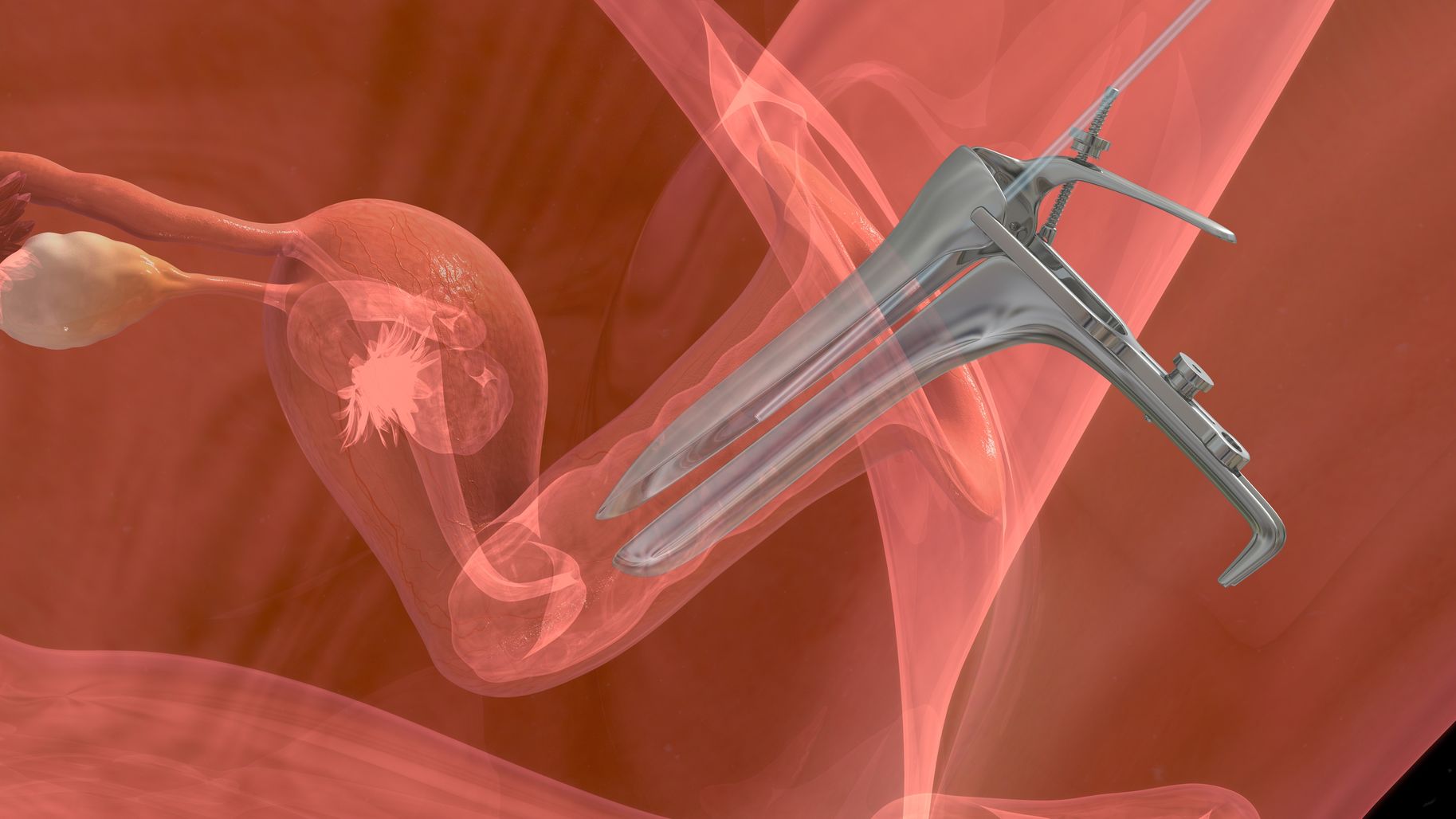
Another common question is about diet. Although various fertility foods have been described, none is so significant that it can make the process a success. Nor does the pineapple or the papaya cause an abortion – yet if you have some concerns your doctor may let you avoid them. High protein diet with egg white dals, lean meats like chicken etc is good, as they reduce the complications due to the hormones. Drink lot of fluids as the hormones can cause dehydration. Take 5 portions of fresh fruits and vegetables with fibre in a day so as to avoid constipation which again is a common side effect of the hormone progesterone.
Recommended Read: 5 Things To Do To Get Prepared For An Unplanned Pregnancy, To Avoid From Being A Shocking One

Should you take bed rest after the IVF? Many women have a feeling of guilt of the IVF fails that it could be due to this one sudden jerky movement while travelling etc but these are all myths. Internationally the accepted norms are that bed rest is absolutely not required in the 2 week wait period after the IVF while you wait for the pregnancy test results. It causes stress, anxiety, backache, headaches and does not improve outcomes. It may cause the vaginal progesterone tablets to accumulate in a mass which may not get absorbed properly; some prominent studies published have thus shown a deleterious effect of bed rest on the treatment.
Also Checkout: Body And Hormone Changes: The Emotional Challenges Of Pregnancy According To Trimester

Sometime adjuvants like some immune medication or baby aspirin or blood thinners are given after the IVF. This may be indicated in some cases to improve success rates so always check in with your doctor if you need adjuvants. Some adjuvant IVF procedures like laser, hatching and embryo glue are available now and you can check with your doctor if this is applicable to your individual situation.
Usually, 2 to 3 days leave is required for the actual day of the IVF procedures like the egg collection and the embryo transfer and a rest day in between.
This is not advised except for the 2 days before the IVF procedure; your doctor will discuss this with you.
It is advisable to avoid hectic activities like going to the gym or aerobic exercises when you are under treatment as the ovaries are usually bigger and may lead to bleeding internally.
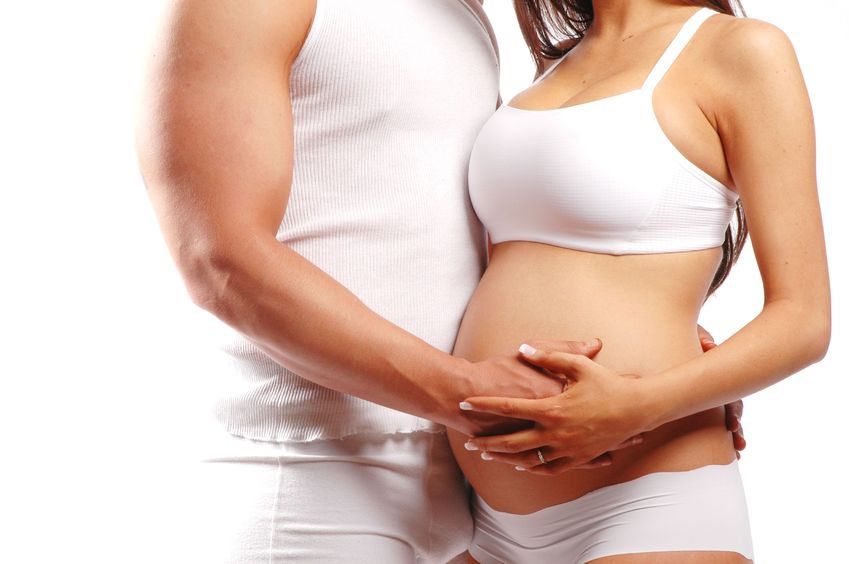
Also Read: Pregnancy Risks After Age 30, From Low Fertility To Child Birth Complications
No restriction of routine activities is required. In fact, I remember a case in England where I did embryo transfer and later in the day I saw the lady with make up reading the news on the BBC! (in the morning she came without make up for the transfer – which reminds me that you should avoid wearing any perfumes or deodorant sprays on the day of the procedure of IVF as this will release some organic compounds which are harmful to the embryos).
IVF is an advancement of modern technology with the human genome project complete doctors are now able to genetically even test the embryo before it is put inside the womb and if you have failed IVF treatments you can discuss this with your doctor.
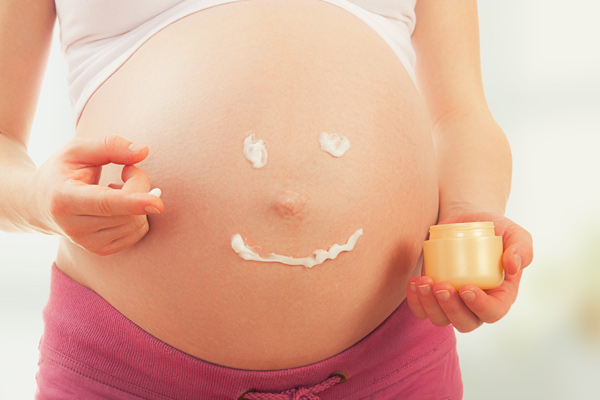
Most reputable clinics have a counsellor affiliated who can give you emotional support as you navigate this path, so feel free to ask and undertake a session – you may benefit significantly as this is quite an emotional roller coaster. IVF has brought over 5 million smiles over the world and we hope you get your bundle of joy soon.
NEXT READ: 6 Super-Fit Bollywood Moms Who Bravely Opted For Normal Delivery
advertisement
advertisement
advertisement
